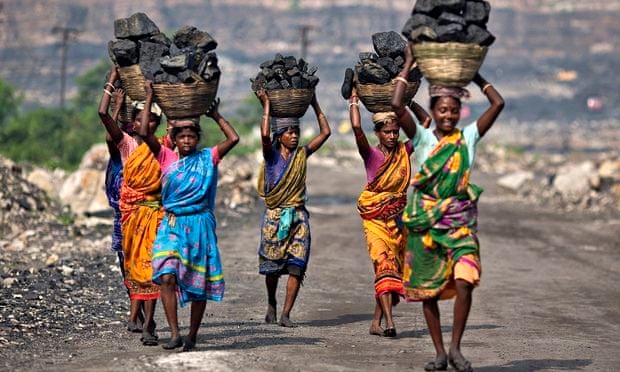World Bank fudges the fossil fuel facts

The World Bank’s response (Letters, 22 April) to your article (World Bank ‘increased finance for fossil fuels’, 18 April) incorrectly characterises how Oil Change International (OCI) classifies fossil fuel projects, and in doing so further obscures how much of the institution’s support is going to oil, gas and coal.
OCI considers “fossil fuel” lending to include oil, gas, and coal projects, as well as policy loans, transmission and distribution, and financial intermediaries that have been found to be directly linked to or to support oil, gas or coal development. Using this methodology, OCI found the World Bank Group lent $3.3bn in fossil fuels during its last fiscal year.
The suggestion that OCI counts hydropower and all transmission and distribution as “fossil fuels” is absolutely incorrect. Large hydropower is classified as “other” energy, and in our report large hydropower is broken out into its own category. The large majority of transmission and distribution projects (over $2bn worth) is not classified as fossil, either because the source was not clear or the project was clearly linked to a non-fossil fuel source; only when the transmission project clearly links to oil, gas or coal do we count it as fossil fuel.
The World Bank seems to have developed a classification system that would have any incremental improvement – including only slightly more efficient coal or oil plants and all natural gas – as “low carbon”. The science is now clearly telling us that fossil fuels must be phased out of the world’s energy systems in order to avoid the most dangerous impacts of climate change; the World Bank seems to want to solve the problem by changing its label on business as usual to sound climate-friendly.







Follow Us!